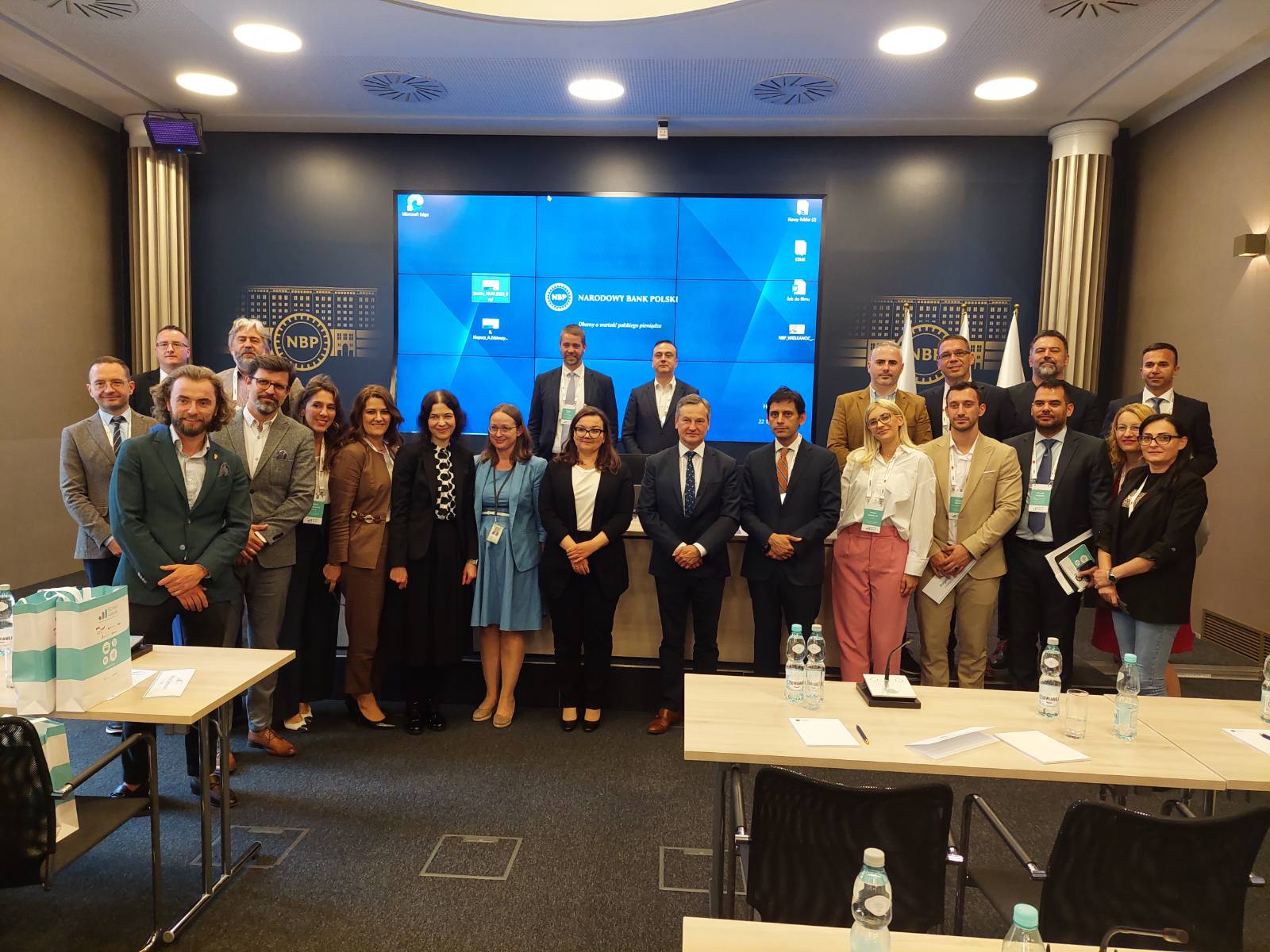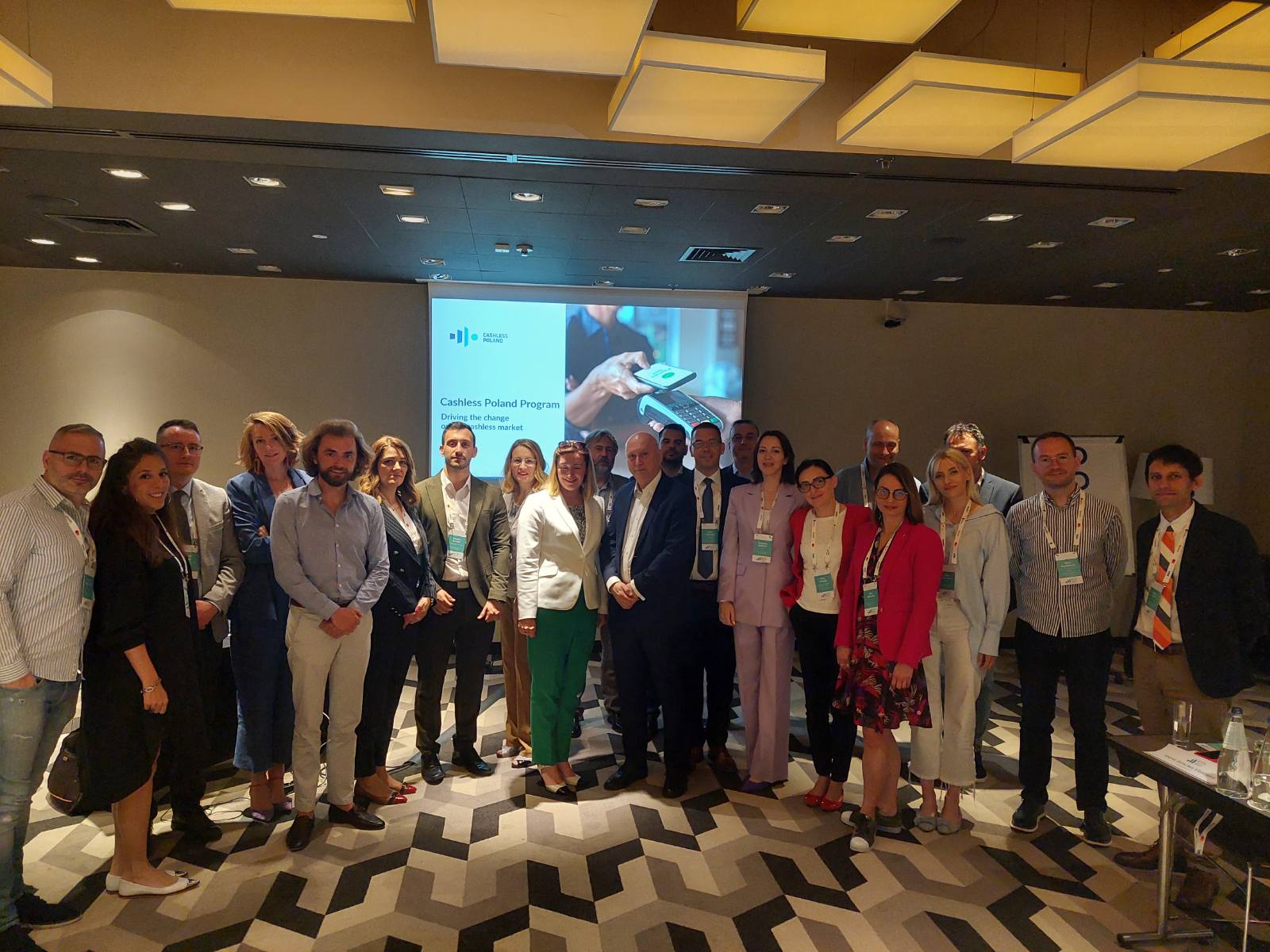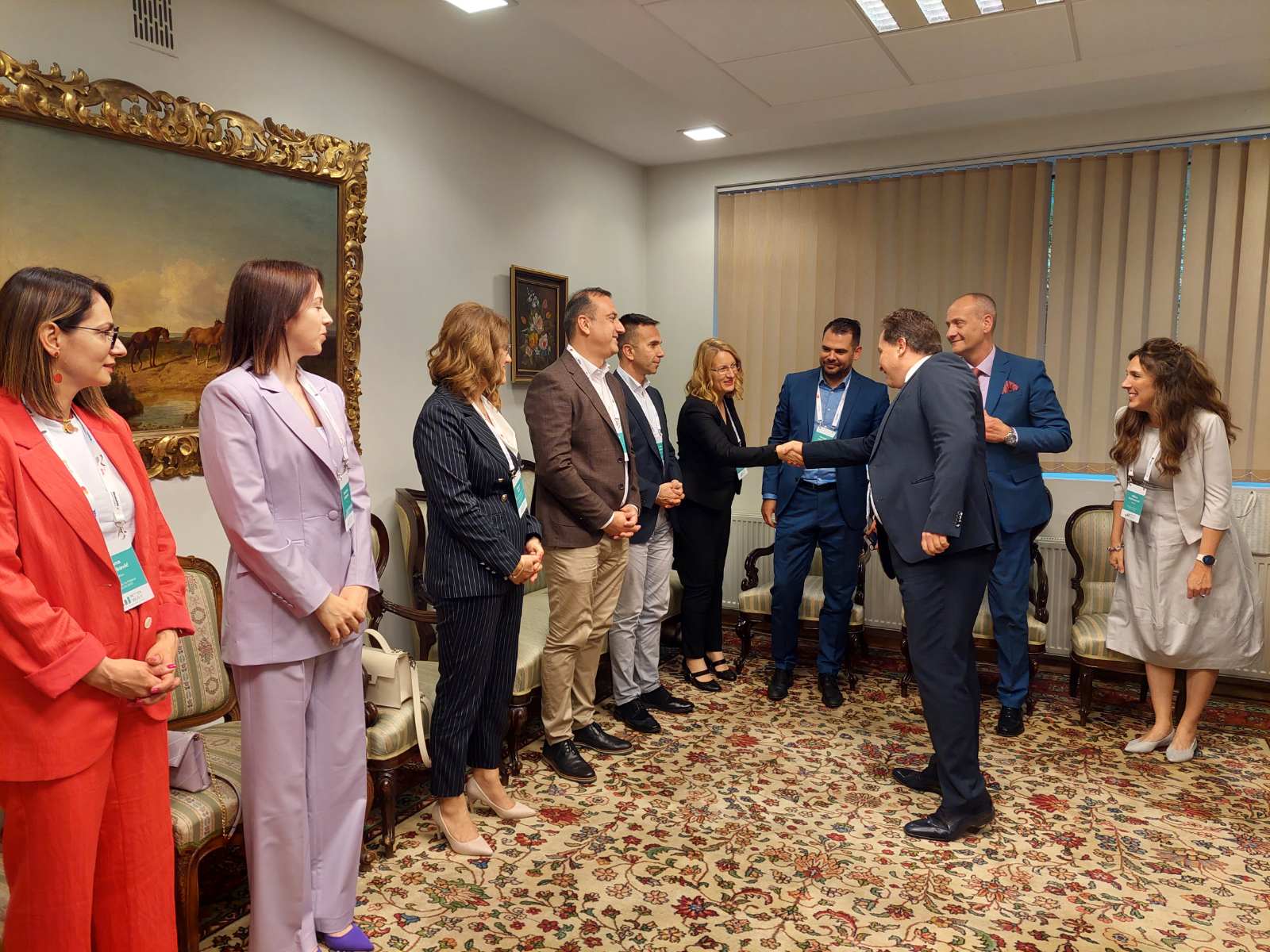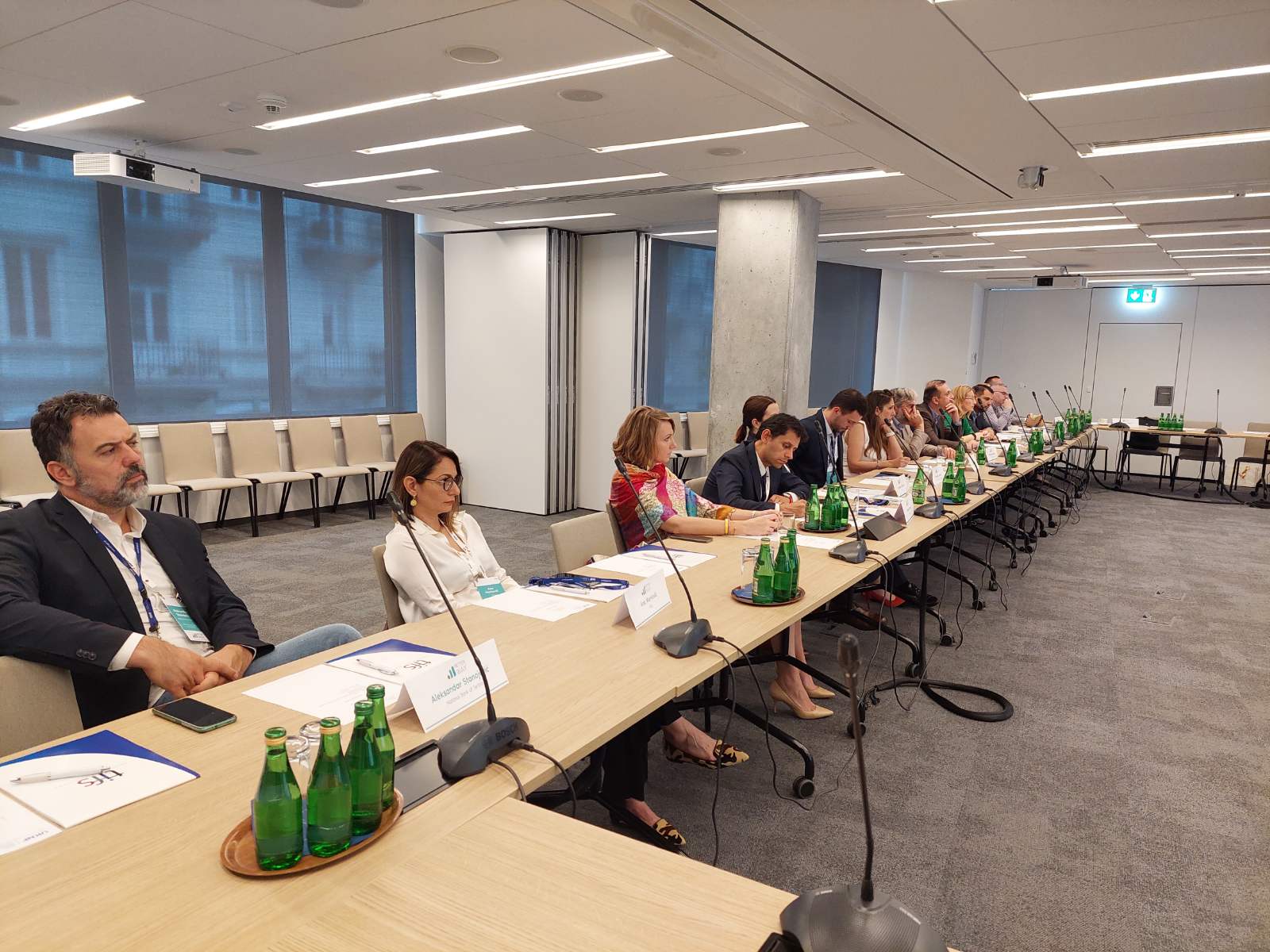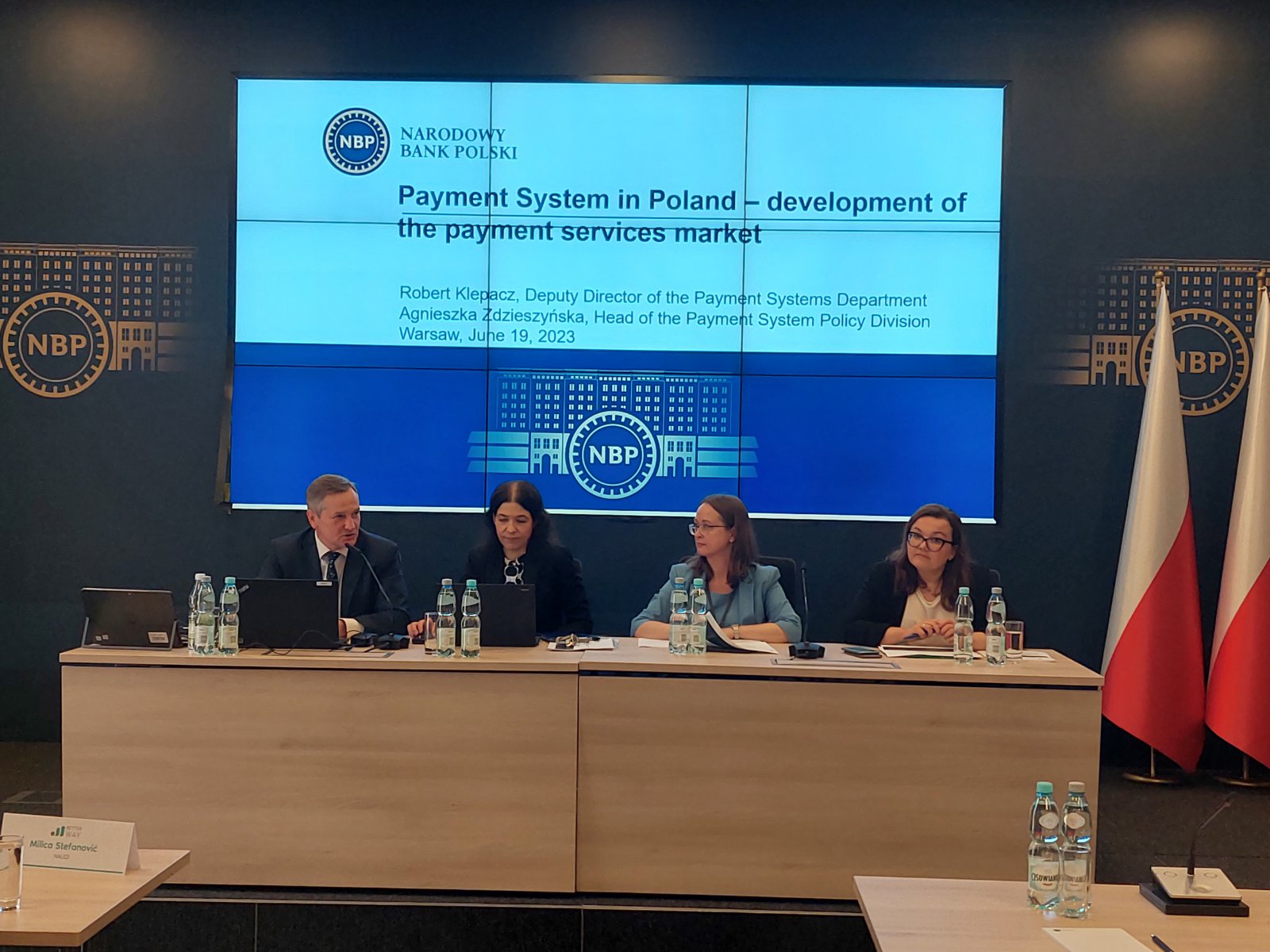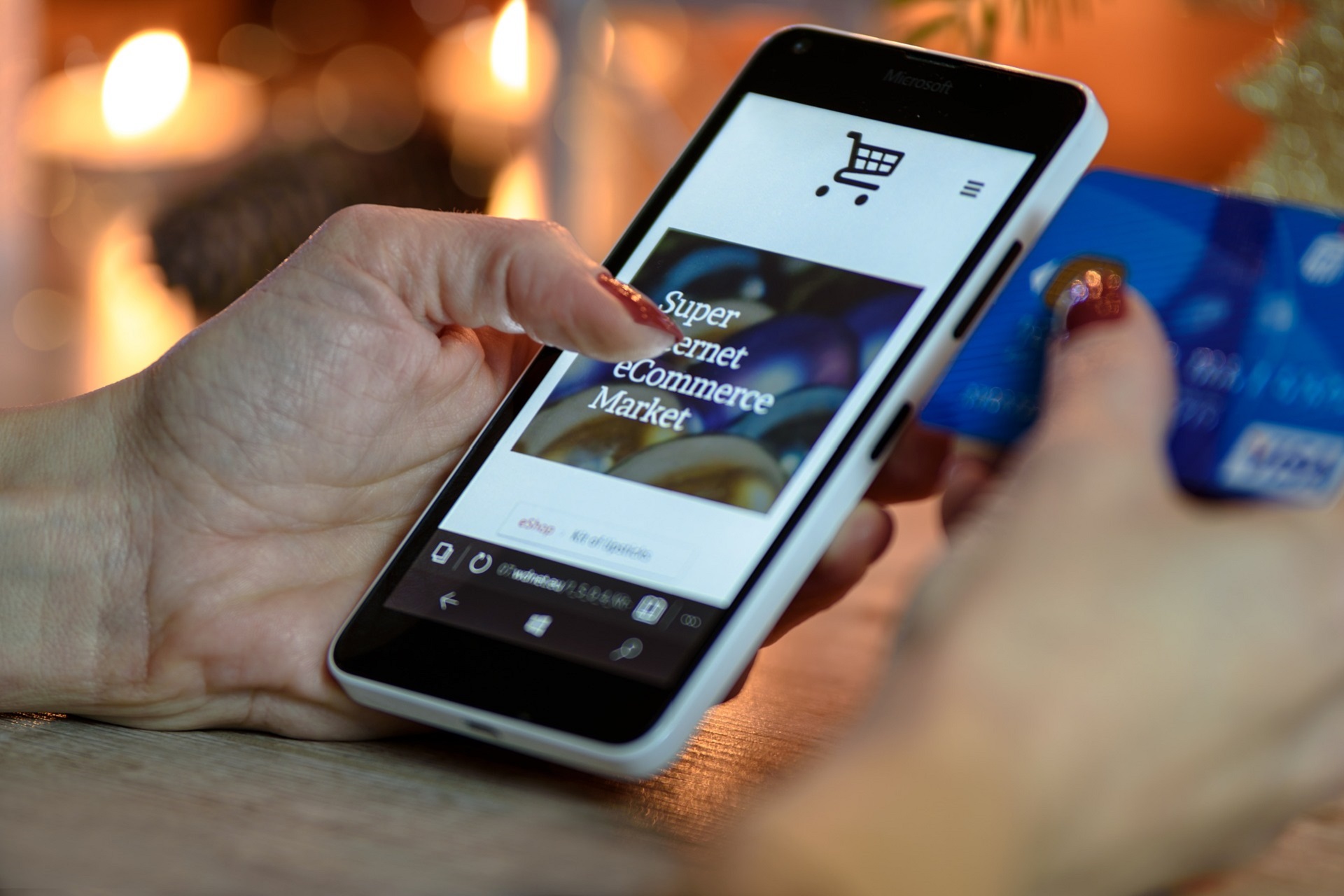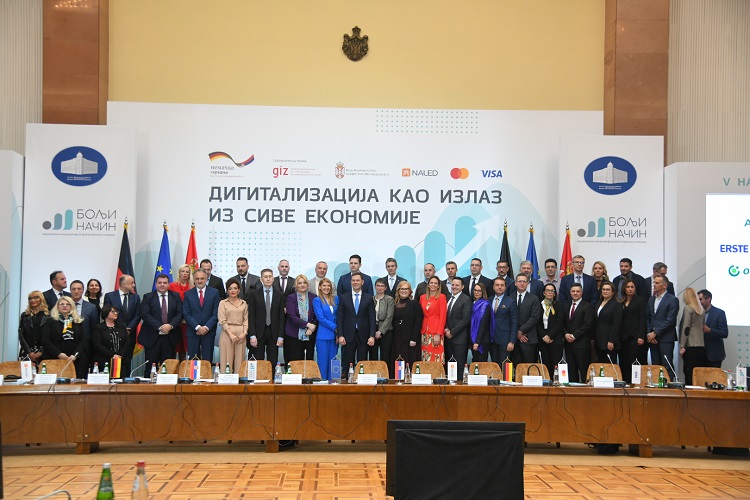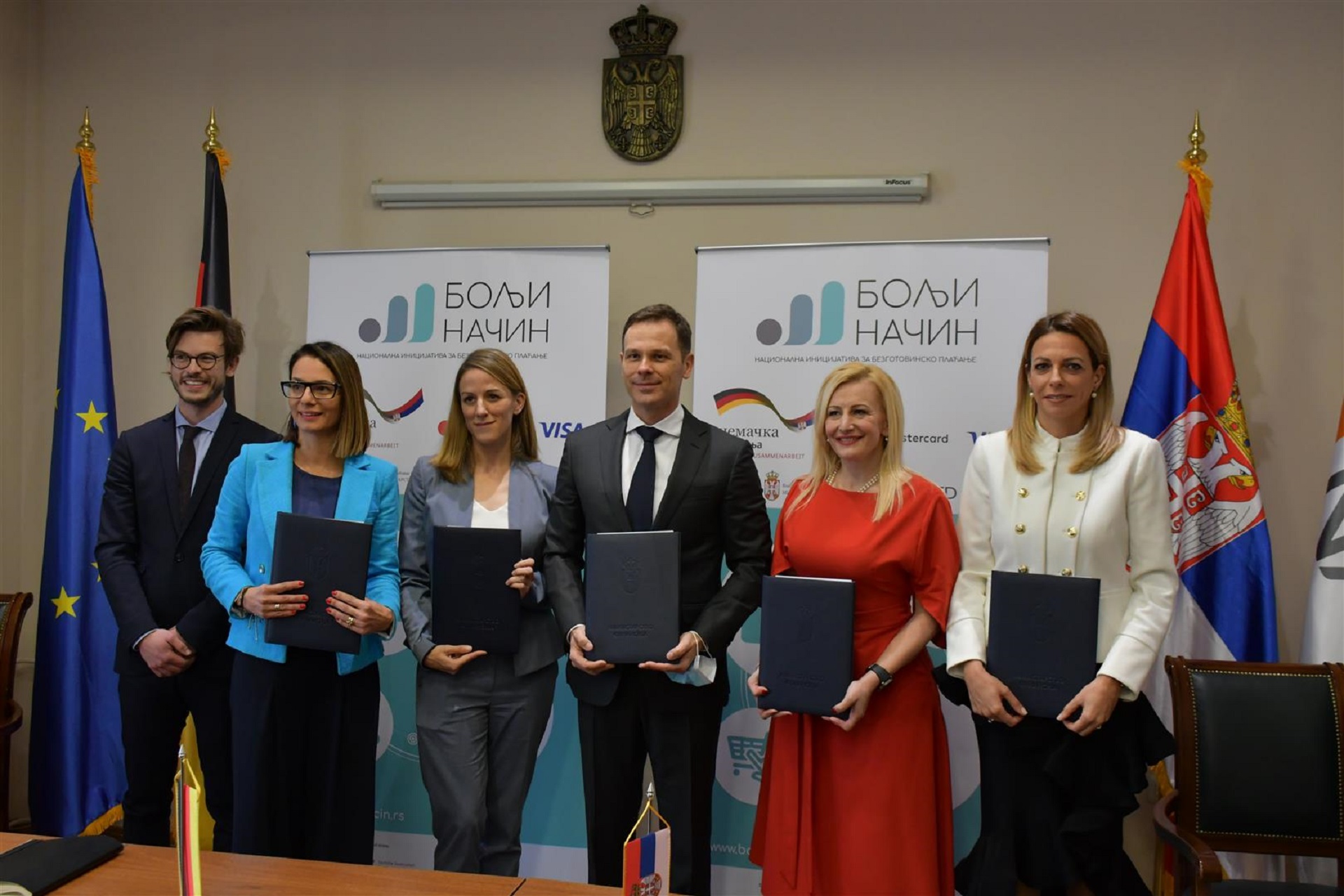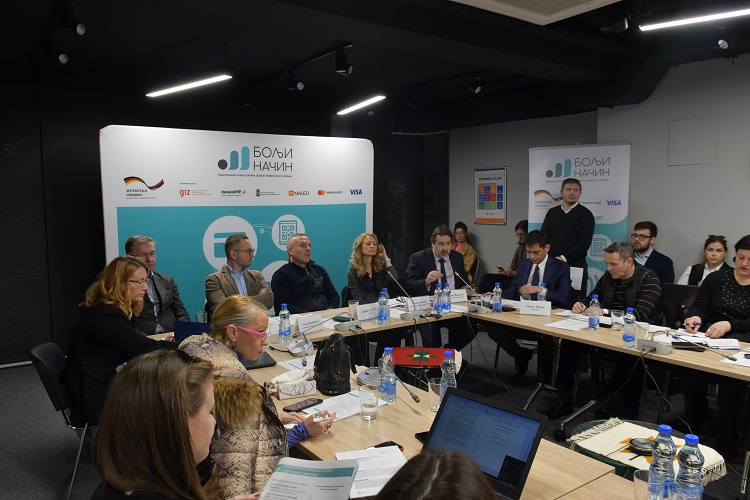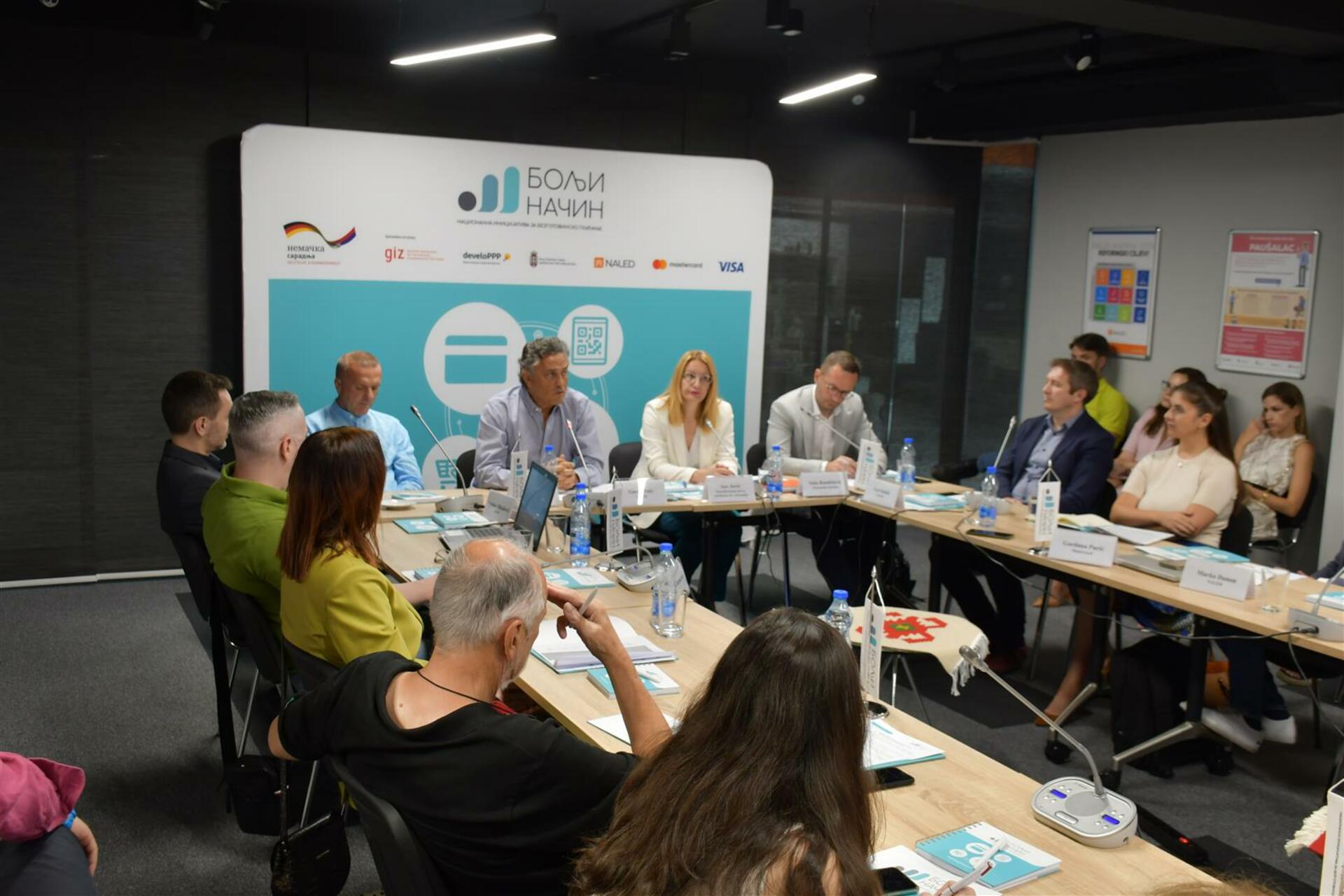Serbia's delegation visits Poland: best practices with cashless payments
As part of the National Initiative for Cashless Payments - A Better Way project, NALED, with the support of GIZ and the companies Mastercard and Visa, organized a study visit to Poland in order to learn about the country's experiences in the development of a cashless society.
Through meetings with leading Polish institutions and organizations, the delegation from Serbia had the opportunity to gain insight into the regulatory framework for cashless payments, various payment models, new technological innovations, as well as support programs and incentives in this area.
In addition to the initiators of the Better Way program (GIZ, Visa, Mastercard and NALED), the delegation included representatives of departmental institutions and other partner organizations interested in the development of cashless payments in Serbia - the Ministry of Finance, the National Bank of Serbia, the Ministry of the Interior, the Treasury Department, Tax Administration, Office for ITE, City of Kragujevac, Municipality of Mionica, FREN, Banca Intesa and Payten.
The five-day study visit began on June 18 with a reception at the Embassy of Serbia in Warsaw, where the delegation was welcomed by H.E. Ambassador Nebojsa Košutić accompanied by his wife Tanja and Consul Jelena Cvijanović.
The working part of the study visit started with meetings with Polish institutions. The delegation first visited the Ministry of Finance, where guests from Serbia were presented with activities that support the development of cashless and paperless financial services. This was followed by a visit to the National Bank of Poland and familiarization with the development and promotion of various payment instruments. Also, at the Ministry of Economic Development and Technology, the delegation was presented with the process of digital transformation of small and medium-sized enterprises in Poland, including the improvement of digital competences, e-services and cashless payments as key elements of any digital economy.
A particularly significant part of the visit was the meeting with the organization Cashless Poland, whose success in developing and expanding the infrastructure for accepting cashless payments was the inspiration for launching the Better Way initiative in Serbia. The experiences and lessons learned that the representatives of Cashless Poland shared with the Serbian delegation will be of great importance for the further successful implementation of the POS program launched in Serbia.
The delegation also had the opportunity to meet with the Association of Polish Banks and the Polish Financial Supervisory Authority. These visits allowed the members of the delegation to better understand the functioning of the banking sector and the banking system in Poland, as well as to familiarize themselves with FinTech policies in that country.
Guests from Serbia visited Asee group, one of the leading IT companies in the region of Central and Southeastern Europe, a large part of whose activities is the development of software solutions in the financial sector, especially when it comes to cashless payments.
Poland, as one of the examples of best practice in the region of Central and Eastern Europe, provided valuable experiences and important lessons to the Serbian delegation in the development of non-cash payments as an important instrument for combating the gray economy, improving e-Government and payment transparency, digitizing the economy, developing a fair market and ensuring financial inclusion of all parts of society.
NALED, together with project partners - GIZ, Mastercard and Visa, continues to promote the National Initiative for Cashless Payment - A Better Way, in order to improve the cashless payment system in Serbia. This study visit represents an important step towards achieving the goals of the initiative and the further development of digital solutions in our country.

